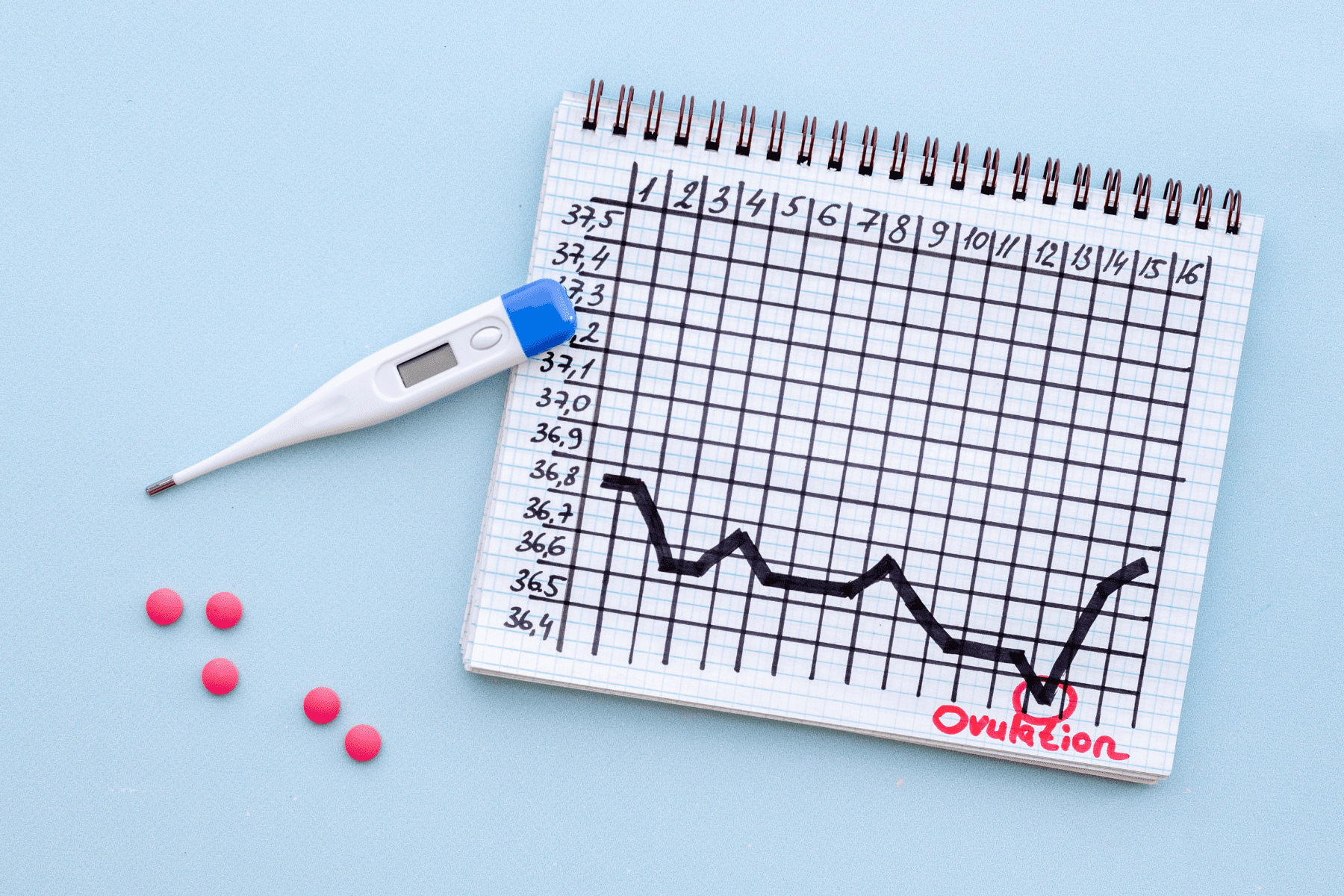Dr. Christopher Sipe, President and Physician at Fertility Centers of Illinois, answers the 10 most common questions patients ask about how thyroid disorders affect fertility:
1. How does a thyroid affect fertility?
Located in the front of the neck, the butterfly-shaped gland known as the thyroid works in response to the pituitary gland within the endocrine system. The main function of both is to produce and regulate hormones. The pituitary gland in your brain creates thyroid-stimulating hormone (TSH) which triggers the thyroid to produce two other hormones, T3 and T4. When T3 and T4 production is high or low, thyroid issues can result. Those thyroid imbalances can create fertility issues. This can cause an increased rate of pregnancy loss, ovulatory disorders, irregular periods, preterm birth and lower IQs.
2. What thyroid disorders are most commonly associated with fertility?
Doctors look for abnormalities in hormone levels, which typically result in a diagnosis of hyperthyroidism or hypothyroidism. Hyperthyroidism occurs when the thyroid overproduces hormones. Patients may suffer from anxiety, tremors, rapid heart rate, weight loss, more frequent bowel movements, intolerance to heat, and brittle hair. Infertility symptoms can include loss of libido and menstrual cycle irregularities. Hypothyroidism occurs when the thyroid under-produces hormones. Common symptoms include fatigue, low energy, muscle weakness, weight gain, depression, constipation, intolerance to cold, and dry skin. Infertility symptoms can include menstrual cycle abnormalities with cycles being heavier and less frequent, a low Basal Body Temperature and difficulty conceiving. As you can see, some of these signs can be indicative of other fertility problems, making symptoms a challenge to assess.
3. Are there other infertility issues that are associated with thyroid problems?
Thyroid issues are also commonly diagnosed alongside Polycystic Ovarian Syndrome (PCOS) as both involve abnormal hormone levels. For women who receive a dual diagnosis, do not despair – balancing the hormones leads to significantly improved chances when trying to have a baby.
4. Can thyroid disorders hurt male fertility too?
Hypothyroidism in men can lead to a variety of fertility issues – reduced sperm volume and motility (movement), sperm defects, a lower libido, problems sustaining an erection, and lowered male fertility hormones such as testosterone, luteinizing hormone (LH) and follicle stimulating hormone (FSH). If thyroid issues are suspected, it is best to run a complete thyroid panel.
5. How do I know that I have a thyroid problem?
A simple blood test with your physician can assess TSH levels. Normal TSH levels fall between 0.5 to 4.5, with higher levels being associated with hyperthyroidism and lower levels associated with hypothyroidism. Should hormone levels fall outside normal ranges, your physician will also test your T4 to assess further.
6. What can be done to fix a thyroid problem?
For people with hypothyroidism, physicians will prescribe the missing hormone to correct the low levels. Levothyroxine (Synthroid) is the medicine most commonly prescribed to correct the problem. Patients can suffer a myriad of symptoms while their thyroid levels equilibrate, but most will feel their symptoms resolve. Levothyroxine has no major side effects on its own. Hyperthyroidism is a more complex endocrine problem to treat. Options include medication like methimazole and propylthiouracil, surgery to remove the thyroid and radioactive iodine, amongst other modalities.
7. Is there anything I can do on my own?
Living a healthy lifestyle always supports fertility. Excess weight can contribute to hormonal imbalances, throwing ovulation off in women and hormone balance off in men as well. Exercise regularly, keep stress low, stay away from cigarettes and marijuana, limit alcohol to no more than a drink per day, and limit caffeine to two servings per day. A healthy diet rich in iodine, whole grains, veggies and lean protein can also help. Iodine-rich foods can include navy beans, strawberries, whole fat yogurt, raw cranberry, dried seaweed, cod fish, tuna, and turkey breast. Your physician may also recommend natural supplements such as Zinc, Vitamin E, Vitamin A, Vitamin B and Vitamin C.
8. How long does it take to resolve thyroid issues?
This will depend upon how much hormone levels are imbalanced as well as if there are any other medical issues present. For moderate thyroid issues that do not involve an additional medical diagnosis, hormone levels can commonly be restored within a few months.
9. If I have infertility due to thyroid issues, what treatment will I need?
Before any fertility treatment can be prescribed, thyroid hormone levels must be brought into balance. For some, this is all of the treatment that will be required as natural conception may occur once the thyroid is functioning normally.
10. Are there any special considerations I should take during pregnancy?
If you are placed on levothyroxine, there are few risks to the pregnancy, but your required dose generally increases during pregnancy. For hyperthyroid medications, there are documented birth defects that can be associated with their use, so consultation with a maternal-fetal medicine physician should occur prior to pregnancy. It will be important to be monitored closely and regularly by your doctor during your pregnancy. You may have a higher risk of pregnancy loss with hypothyroidism, while hyperthyroidism is known to cause pre-term labor issues and low birth weight. The diagnosis of a thyroid issue does not mean this will occur as many women with thyroid issues give birth to healthy babies, but it is important to have regular physician visits and monitoring.
Medical contribution by Christopher Sipe, M.D.
Dr. Christopher Sipe is board-certified in Obstetrics and Gynecology and in Reproductive Endocrinology and Infertility (REI), and has been practicing medicine since 2003. He completed his residency training at Northwestern University, where he received numerous awards for excellence in laparoscopic and hysteroscopic surgery.








